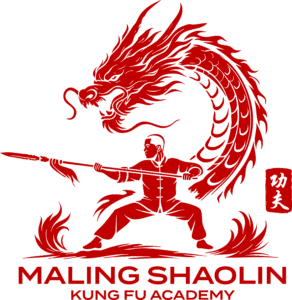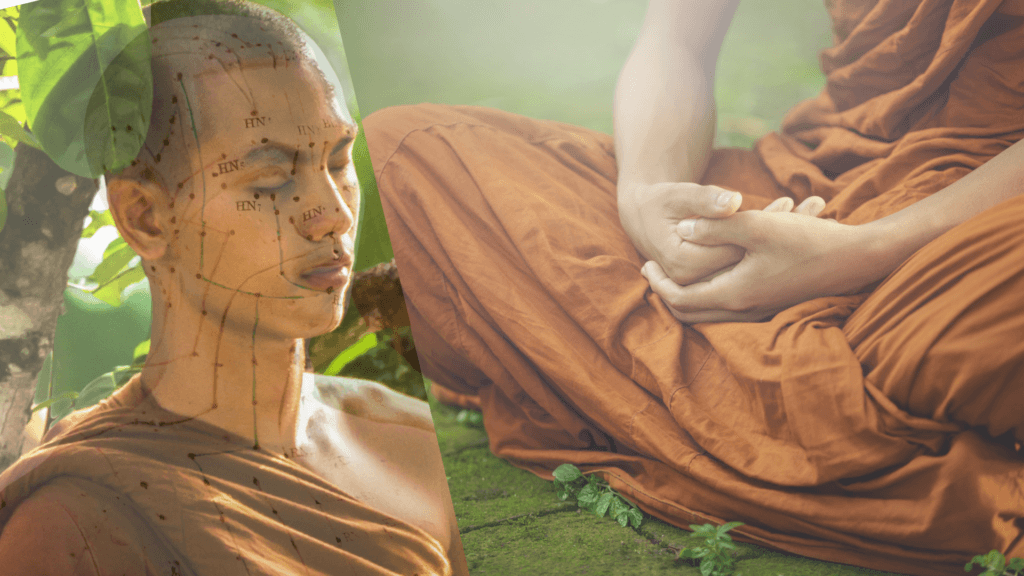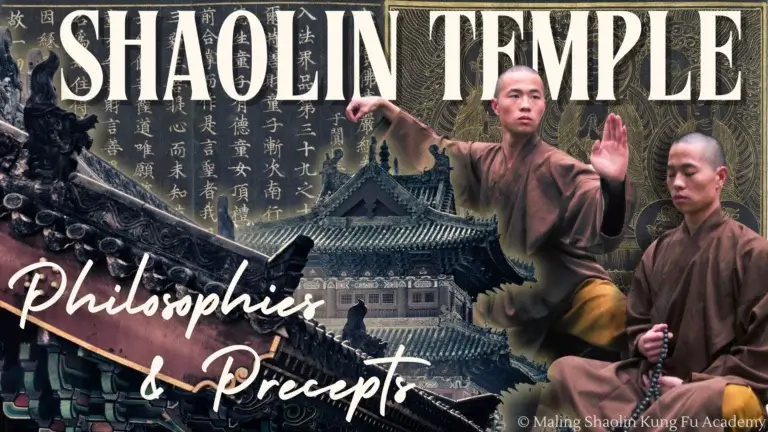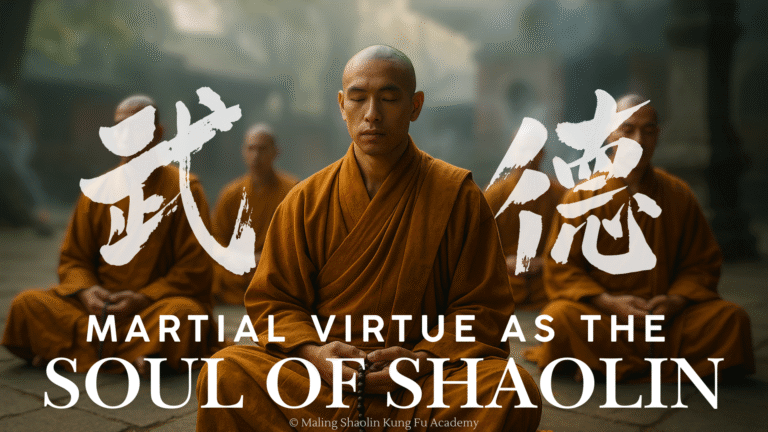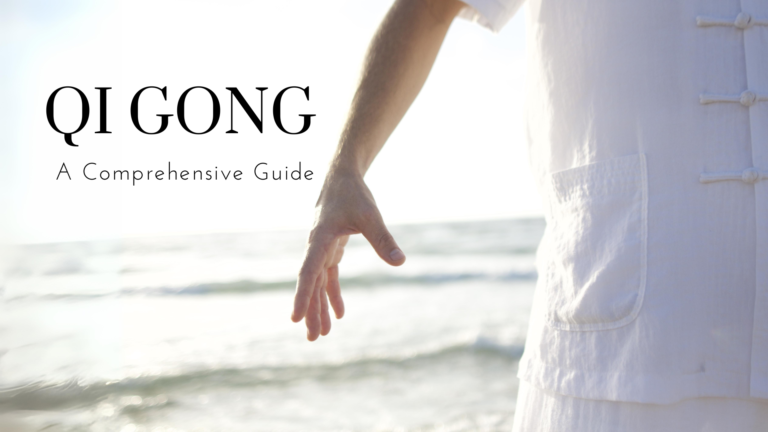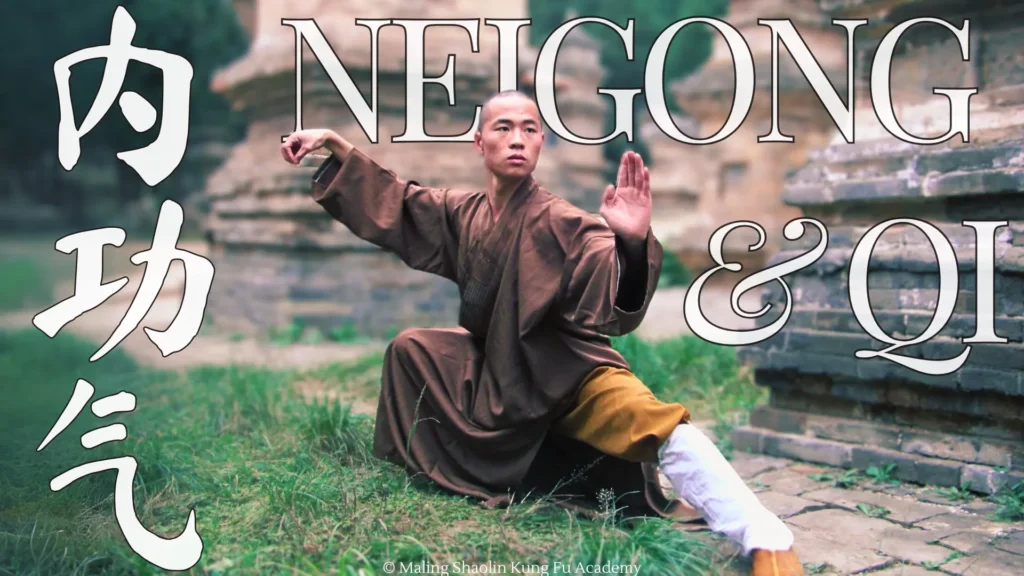
The concepts of Internal Energy (内功, Nèigōng) and Qi (气, Qì) are integral to traditional Chinese martial arts, medicine, and philosophy. While they are related and often discussed together, they are distinct in their meanings and applications. Here’s a detailed explanation of their differences:
Nèigōng and Qì: Internal Energy and Vital Energy
Internal Energy (内功, Nèigōng)
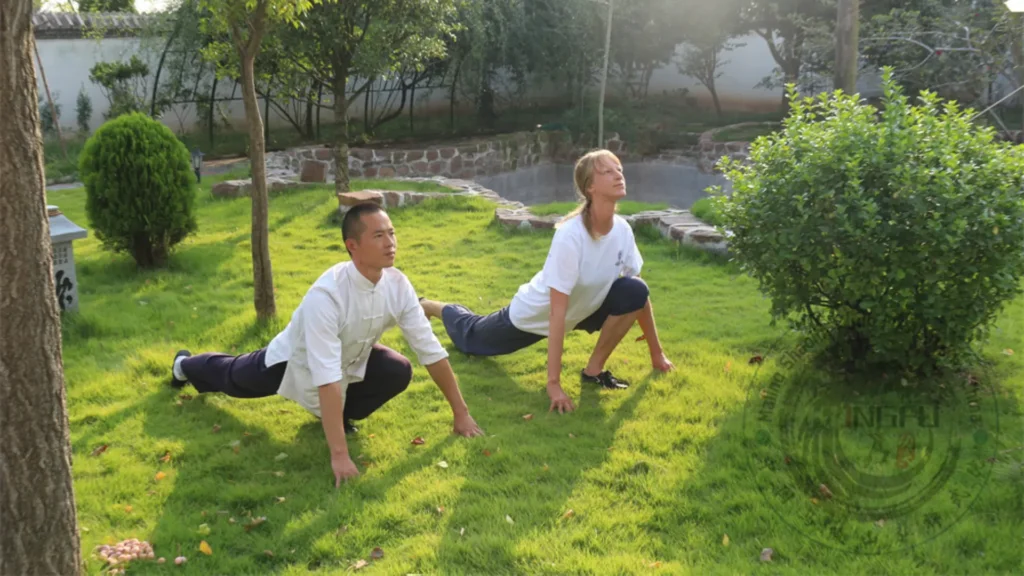
Definition: Internal Energy, or Nèigōng, refers to the practices and techniques used to cultivate and control the body’s internal energy. It involves a combination of physical exercises, breathing techniques, and mental focus aimed at strengthening the body’s core energy and health.
Practice: Nèigōng involves specific training routines that develop internal power through meditative practices, controlled breathing (qìgōng), and movements that enhance the flow of energy throughout the body. Martial artists often use Nèigōng to improve their physical power, endurance, and resilience.
Goal: The primary aim of Nèigōng is to harmonize the body and mind, enhance physical and mental well-being, and develop the internal power necessary for martial arts mastery. It seeks to integrate the mind, body, and breath to achieve a state of balance and strength.
Techniques: Techniques of Nèigōng may include standing postures, slow movements, dynamic tension exercises, and meditation. Practices such as Tai Chi and certain forms of Kung Fu incorporate Nèigōng to build internal strength and improve overall health.
Qi (气, Qì)
Definition: Qi, or Qì, is the fundamental life force or vital energy that flows through all living things. It is a central concept in Chinese philosophy and traditional Chinese medicine, representing the energy that sustains life and governs bodily functions.
Nature: Qi is considered the essence of life that circulates through the body’s meridian system, much like blood flows through the veins. It is thought to be influenced by one’s physical, emotional, and spiritual state.
Role in Health: In traditional Chinese medicine, maintaining a balanced and unobstructed flow of Qi is crucial for health and well-being. Imbalances or blockages in Qi flow can lead to illness and disease. Techniques such as acupuncture, herbal medicine, and Qigong are used to regulate and enhance the flow of Qi.
Cultivation: Qi can be cultivated through various practices, including breathing exercises (like those in Qigong), meditation, dietary practices, and lifestyle adjustments. Martial artists train to harness and manipulate Qi to improve their fighting abilities and overall vitality.
Relationship Between Nèigōng and Qi
Integration: Nèigōng practices are designed to cultivate and refine Qi within the body. Through specific exercises and meditative techniques, practitioners aim to enhance their internal energy, which in turn improves the flow and quality of Qi.
Complementary Practices: While Qi is the energy itself, Nèigōng represents the methods and disciplines used to develop and control this energy. They are complementary aspects of the same holistic approach to health and martial arts.
Philosophical Foundations: Both concepts are deeply rooted in Daoist and Buddhist philosophies, emphasizing harmony, balance, and the interconnectedness of mind, body, and spirit.
Nèigōng and Nèidān: Internal Energy and Internal Alchemy
The terms Nèigōng and Nèidān both pertain to internal cultivation practices in Chinese spiritual and martial traditions, but they differ in their focus, methods, and ultimate goals. The philosophy of Neidan, however, is typically considered to be among myth and legend among most Chinese people.
Internal Alchemy (內丹术, Nèidān)
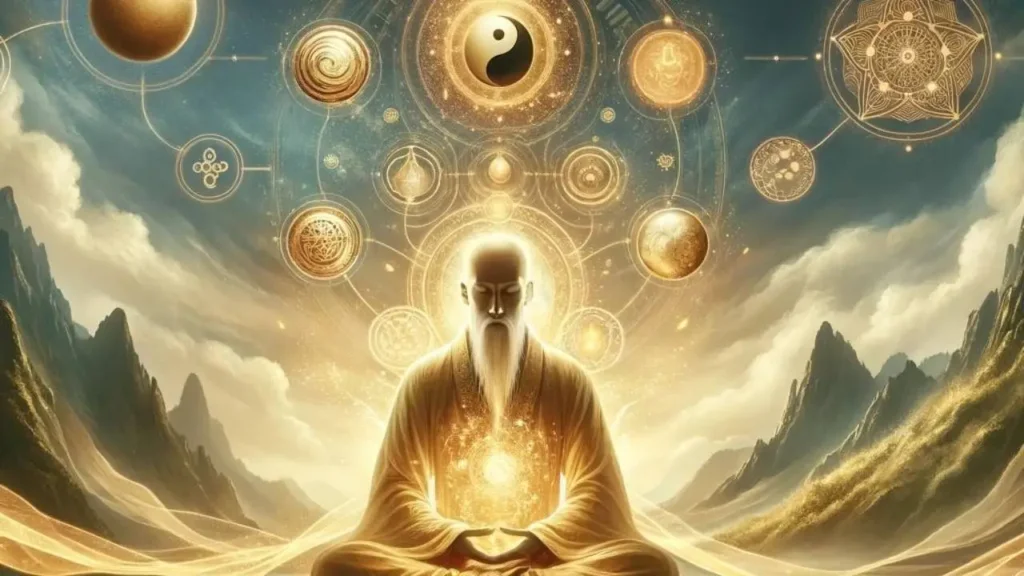
Neidan, or Internal Alchemy, is a comprehensive system of spiritual and physiological practices aimed at achieving immortality and spiritual enlightenment. It is deeply rooted in Daoist philosophy, cosmology, and mythology.
Philosophical Foundation: Neidan is heavily influenced by Daoist metaphysics, particularly concepts such as the Dao (the Way), Yin and Yang, and the Five Elements (Wood, Fire, Earth, Metal, Water). The practice often involves understanding and harmonizing these elements within the practitioner’s body and spirit.
Goals: The ultimate goal of Neidan is the transformation of the practitioner’s physical body and spirit into a more refined, immortal state. This involves stages of purifying and refining the body’s essential substances: Jing (essence), Qi (vital energy), and Shen (spirit).
Practices: Neidan practices include meditation, breath control, visualization, and specific physical exercises designed to cultivate and refine internal energies. It also incorporates dietary guidelines, all aimed at transforming the practitioner’s internal energies.
Stages: The process of Neidan is often described in stages, such as the conversion of Jing to Qi, Qi to Shen, and Shen to Xu (emptiness) or unity with the Dao. These stages correspond to different levels of spiritual and physiological transformation.
Relationship Between Nèigōng and Nèidān
Focus: Neidan focuses on spiritual transformation and achieving immortality, while Neigong focuses on health, martial skill, and overall well-being.
Methods: Neidan involves complex, esoteric practices aimed at transforming Jing, Qi, and Shen, while Neigong includes a broader range of practical exercises and techniques for cultivating Qi.
Goals: Neidan’s ultimate goal is spiritual enlightenment and unity with the Dao, whereas Neigong aims for physical health, mental calm, and martial proficiency.
Conclusion
In summary, Nèigōng (Internal Energy) refers to the practices and techniques used to cultivate and control internal power, while Qi (Vital Energy) is the life force that flows through and sustains all living things. Nèigōng aims to enhance and regulate Qi, contributing to improved health, martial arts proficiency, and overall well-being. Nèidān (Internal Alchemy) can be seen as a more specialized and esoteric subset of Neigong, with a particular emphasis on spiritual alchemy and transformation. Understanding and practicing Neigong and Qi concepts can lead to a more balanced and powerful approach to life and martial arts.
